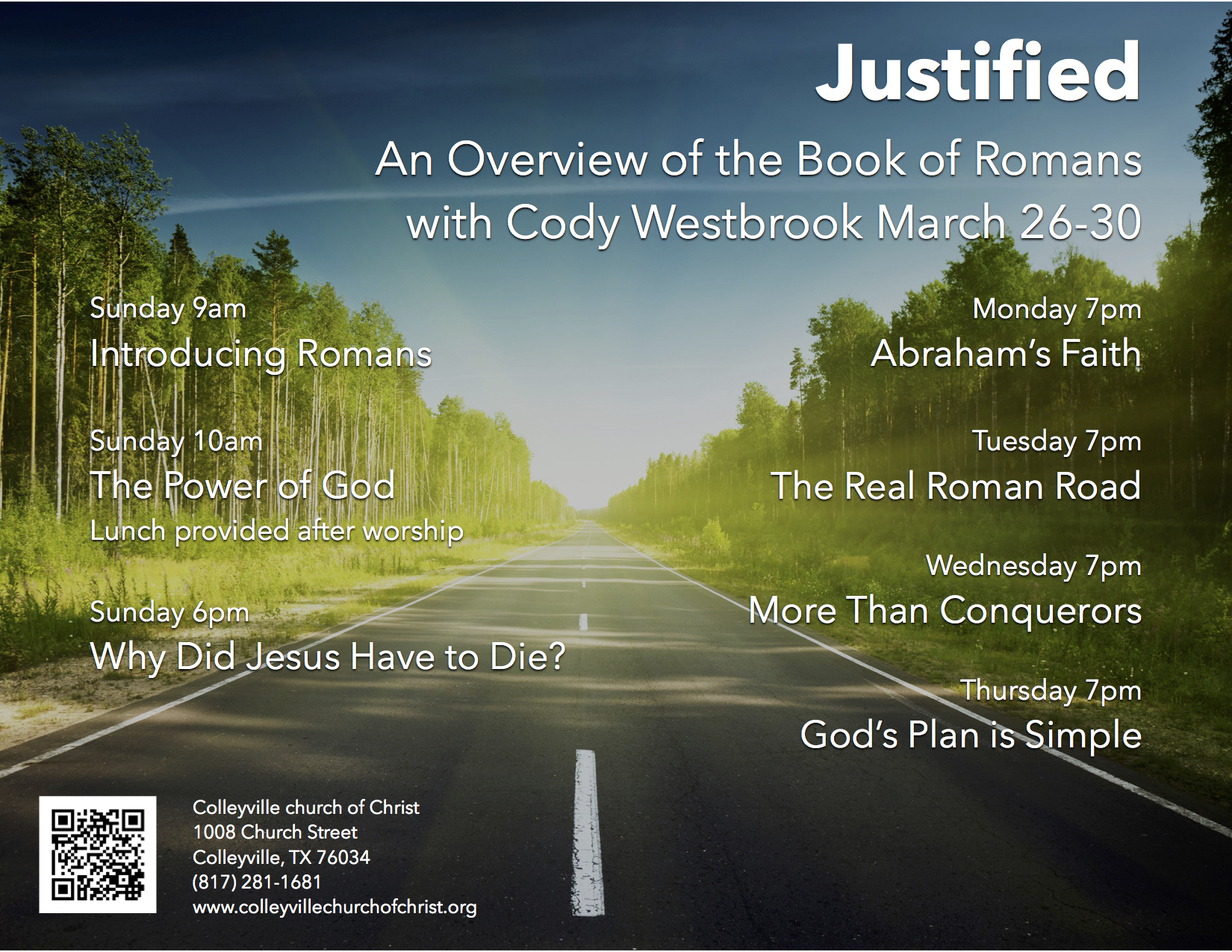A Vision for Evangelism Today, Part 1
Most likely, your throat gets tight, your knees shake, and your stomach hurts when you think about asking a friend to study the Bible with you. On top of that there is a growing feeling in the church that the changed culture makes evangelism much more difficult today compared to past eras. However God is still faithful, the Bible is still His word, and the power to save is found therein (Romans 1:16). This truth and confidence in a practical plan for evangelism can help overcome any fear or sense of despair.
Evangelism comes with strong possibilities. The man who sows the seed does not know exactly how it will germinate and produce (Mark 4:26-29). Our job is to sow the seed and we cannot know when, where, or how it will produce if ever. Believing that every contact is a possibility will excite the sincere evangelist and help overcome past fears and discouragements.
Evangelism comes from confident disciples. To be a disciple of Christ is to believe in, and be fully committed to, His way. That is why we will take up our cross every day as we follow Him (Luke 9:23). Complete dedication means that I will evangelize and my passion for Him will be apparent to the seeking soul. I can also draw strength from an understanding that it is every person’s responsibility to seek God (Acts 17:26-27). Even if I struggle in my attempts to reach out they are still obligated to search out the truth for themselves. My honest efforts only improve the chances that they will make the right choice to obey the gospel.
Evangelism comes with an understanding of boundaries. Bible evangelism works within the authority of scripture while understanding the way culture has changed the methods. God’s law cannot change in the name of church growth. People are to be drawn by the cross, i.e. the gospel (John 12:32). Inviting prospects to fellowship events is a good idea, but ultimately they cannot be converted to friendships or services if they want to save their soul. It can be tempting to refrain from teaching the truth on a critical topic in order to keep a study with a non-Christian. However, doctrinal purity must be maintained because compromise in the name of growth only results in the blind leading the blind (Matthew 15:14). These boundaries must be maintained and those who understand the times can tell the difference between changing a method and forsaking a principle (1 Chronicles 12:32). New forms of communication provide new opportunities for Christians to spread the gospel. Shifts in cultural norms necessitate a change in approach. While these changes can be scary, rest assured that the basics are still the same. We must make connections with those outside of Christ. They need to see their need for God and for the family of God. We can show them the love of Christ and the powerful truth of His word to meet their greatest need.
The great commission is an incredible responsibility. “Go ye into all the world” means that I have a personal obligation (Mark 16:15). I should not forget that this assignment was followed by the promise, “lo I am with you always…” (Matthew 28:20). We have a job to do and today is the day to get started.









